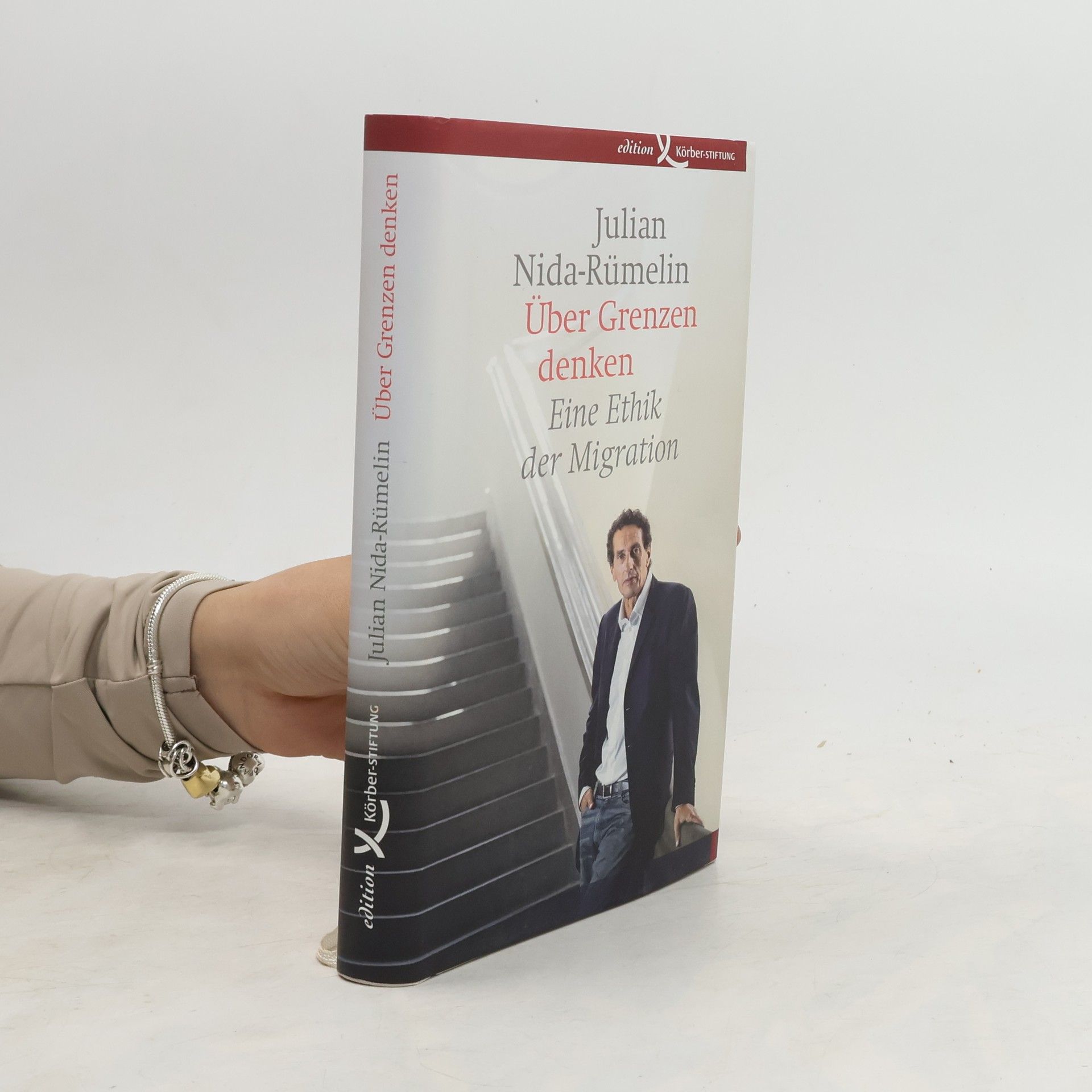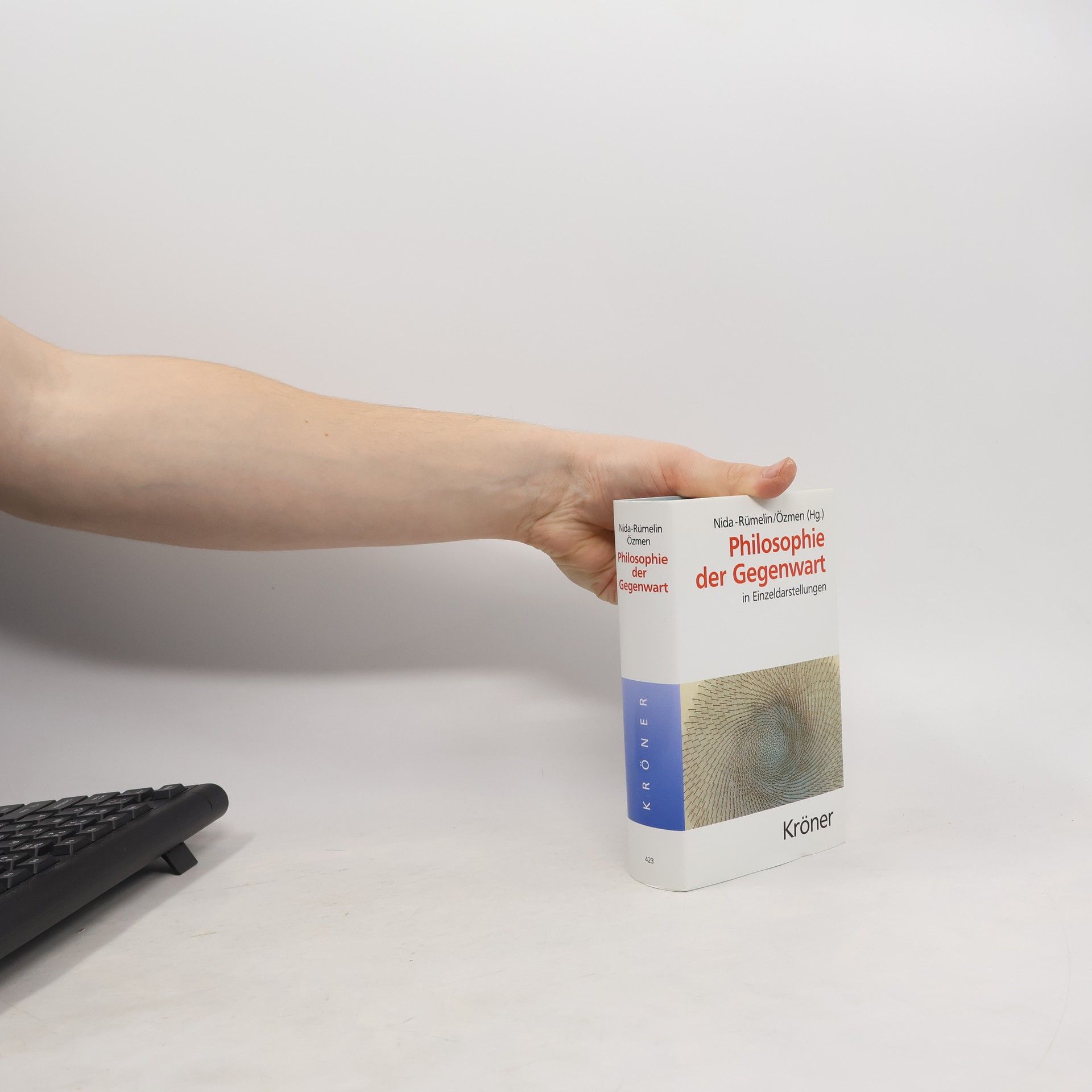Digital Humanism
For a Humane Transformation of Democracy, Economy and Culture in the Digital Age
- 140bladzijden
- 5 uur lezen
Exploring the cultural and philosophical dimensions of artificial intelligence, this open access book advocates for "digital humanism," a concept gaining traction amid concerns over the misuse of digitalization. It highlights the need for a humane approach to technology, championed by former tech leaders. By addressing the lack of a solid conceptual foundation for digital humanism, the book envisions a society where digitization enhances human autonomy, self-determination, and dignity, calling for its global promotion.







